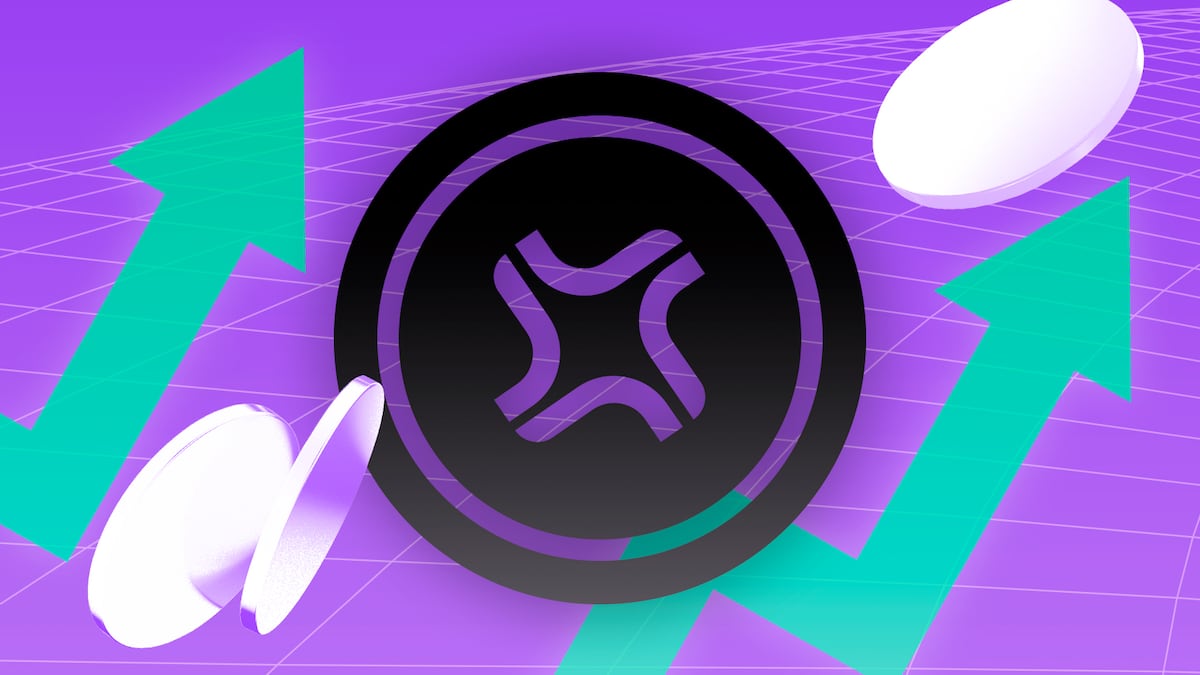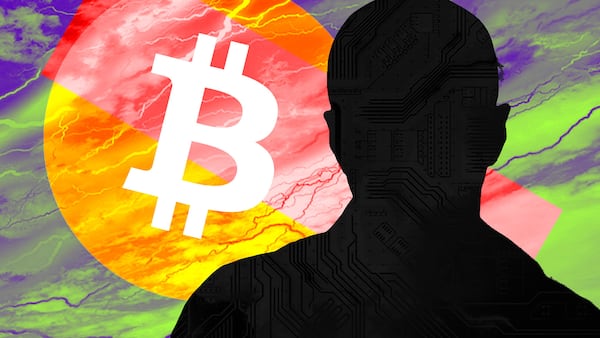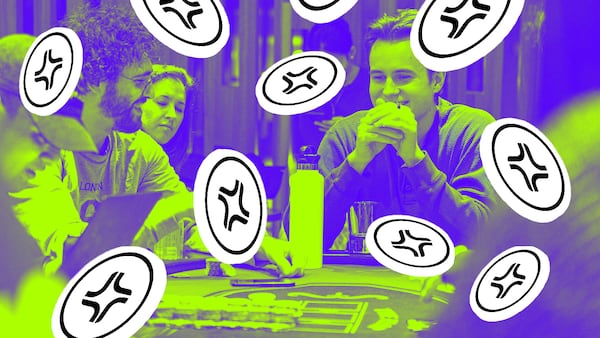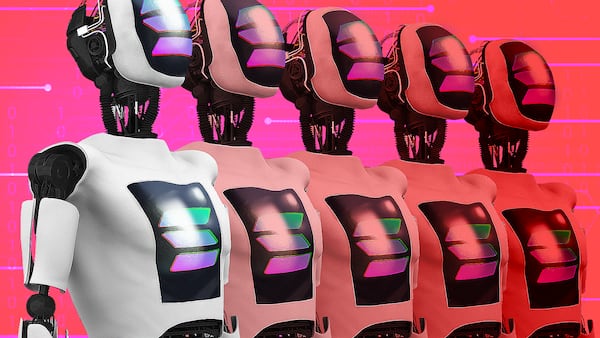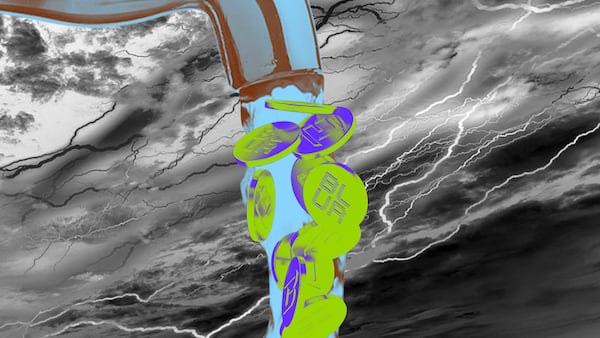- Jito tokenholders are voting to create a subDAO.
- The subDAO is designed to bolster JTO governance token.
- The proposal looks set to pass.
Jito, a Solana DeFi protocol focused on liquid staking and MEV optimisation, is gearing up to create a new subDAO tasked with growing the protocol and increasing the value of its JTO governance token.
The so-called Cryptoeconomics subDAO will be controlled by a group of DeFi experts.
They will refine and implement new strategies such as token buybacks, yield subsidies, and a fee switch vault in a bid to shore up the price of the JTO token, according to the proposal penned by Nick Almond, Jito’s head of governance.
Jito launched its JTO token in late 2023. It initially soared to an all-time high of $6.01 amid a wave of enthusiasm for Solana DeFi apps. However, the token has struggled to maintain its value and has tumbled 67% from its peak.
Jito tokenholders are all-in on the subDAO idea. On Friday, they began voting on the proposal.
So far, 12.7 million votes have been cast in favour, and just five against. Supporting votes have already hit quorum, meaning that the proposal has received enough support to pass.
Jito is governed by a DAO, a type of crypto collective where tokenholders vote on changes to a DeFi protocol.
However, many DAOs believe having tokenholders decide on a wide range of proposals is inefficient. To remedy this, some DAOs delegate certain areas of governance to specialist subDAOs.
Urgent proposal
The motivation for creating the Cryptoeconomics subDAO “should be considered of reasonable urgency,” the proposal said.
Jito generates approximately $30 million in annual revenue, which is collected by the DAO and held in its treasury. However, this revenue is sitting idle, representing a “considerable opportunity cost,” the proposal said.
Once created, the new subDAO will receive $7.5 million worth of JitoSOL, the protocol’s Solana liquid staking token, to conduct JTO token buybacks. It will also receive 5 million JTO for incentive engineering and market incentives, the proposal said.
How exactly the buybacks and incentives are implemented is down to the group of six experts, which includes Almond, who have ultimate decision making authority.
The subDAO “seeks a broad mandate to facilitate the exploration and execution of a range of possible mechanisms and approaches, and to test them out in the market by using DAO funds,” the proposal said.
Token buybacks
Jito is the second largest DeFi protocol on the Solana blockchain with almost $3 billion of deposits.
Yet this success isn’t translating into a rise in the value of its governance token.
It’s a problem several DeFi protocols are grappling with in recent months. Some are using a portion of their revenue to buy back their token on the open market.
Perpetual futures exchange Hyperliquid has bought back over $1 billion worth of its HYPE token, through its so-called Assistance Fund since November, coinciding with a 647% rise in the token’s value.
But it’s not clear how effective token buybacks really are.
DYdX, another perpetual futures exchange, announced its own token buybacks in March. Its DYDX token has been flat since then.
Additionally, a report from crypto research firm Messari says it found no evidence that the market rewards token buybacks. “Token performance remains driven by metrics growth and narrative formation,” Sunny Shi, the report’s author, said.
Jito’s Cryptoeconomics subDAO vote ends on Tuesday.
Tim Craig is DL News’ Edinburgh-based DeFi Correspondent. Reach out with tips at tim@dlnews.com.


